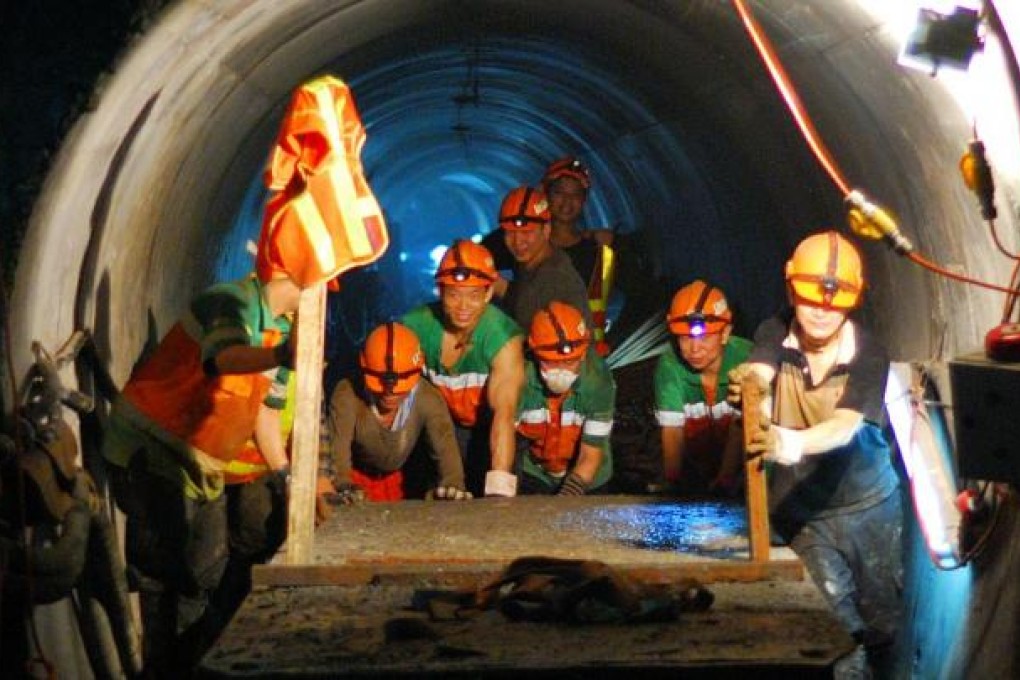Labour shortage clips the wings of Hong Kong's logistics hub
Jeffrey Lam calls for a push to promote skills training in schools

In his maiden policy address, Chief Executive Leung Chun-ying stressed the importance of Hong Kong's logistics industry, one of the four traditional economic pillars that have made the city a successful business centre.
To reinforce its status as a regional hub for passenger and cargo traffic, Hong Kong will continue to improve its aviation, maritime and land transport facilities, according to Leung's forward thinking.
Thanks to Beijing's support of Hong Kong's position as an international logistics centre, more and more flights and cruises now stop here. The increasing demand for aircraft maintenance, repair and overhaul services has prompted Boeing to set up an Aviation Services Research Centre in Hong Kong, the first of its kind for our city.
The Kai Tak Cruise Terminal, to open in June, and a third runway, planned for 2023, have also been placed high on the agenda.
However, the city's logistics industry has been complaining of a lack of semi-skilled workers and other talent - one of the strengths that the industry was built on. This requires the government's urgent attention before it affects the entire industry.
The Hong Kong Aircraft Engineering Company (Haeco) issued a profit warning last October, saying demand for airframe maintenance and line maintenance in Hong Kong remained firm, but the company could not meet that demand because of a shortage of skilled and semi-skilled labour, particularly for avionics and cabin modification work. This, it said, would have an adverse effect on the company's consolidated turnover and operating profit for the second half of 2012 and at least the first half of this year.
Such a profit warning is unprecedented for listed companies in Hong Kong. It should prod the government to address the workforce issue if it wants Hong Kong to remain Asia's key transport hub.